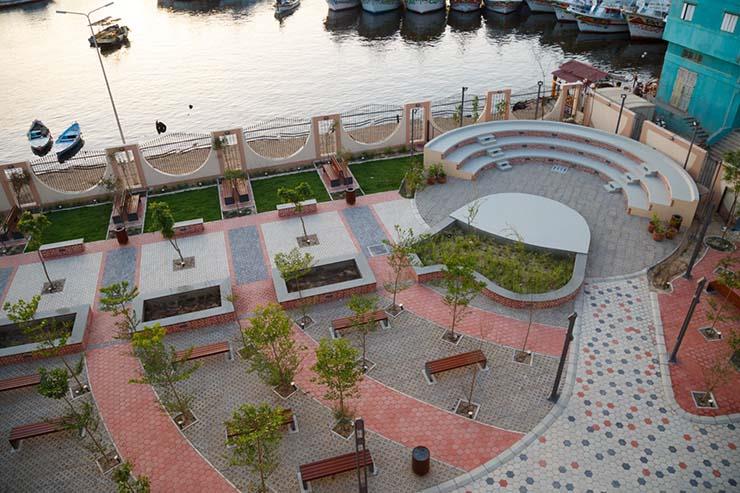Women and girls all over the globe report daily various forms of violence against them, either in rural areas or cities, and even in online platforms.
Violence against women, reported at the workplaces, educational institutions, or even the streets, cause psychological, emotional and physical harm.
So, the Cairo Safe City and Safe Public Spaces programme was launched in 2011 in partnership with the National Council for Women, Giza governorate, Cairo governorate, Care International in Egypt and three local civil society organizations, with support of the United States Agency for International Development (USAID).
The initiative is devoted to ensuring that women are socially, economically, and politically empowered in public spaces free from the different forms of violence and sexual harassment.
Cairo Safe City and Safe Public Spaces is two stages.
The first stage has started in 2011 with the focus on developing local initiatives. It targeted putting an end to violence against women and girls, in three low-income neighborhoods in Cairo and Giza, which are Imbaba, Manshiet Nasser and Ezbet El Haggana.
The second stage has begun in 2019, targeting areas in Alexandria and Damietta governorates and work is still underway there to help women freely practice their lives and rights.
The awaited results of the “Safe City” programme are the depletion in violence against the women and girls, reduction of fear, and an increase of feelings of safety.
The project has great achievements so far. The first of which is the establishment of branches of the Women’s Complaints Office in Imbaba, Ezbet El Haggana and Manshiyet Nasser, to provide them with assistance and psychological support.
Also, more than 200 young girl volunteered to educate their communities.
The project supported about 45 local NGOs to work on implementing measures that protect women and girls from violence.
Moreover, public awareness campaigns about the role of the “Safe City” project in eliminating the violence against women were organized.
Districts in Imbaba and Ezbet El Haggana have been developed to make them friendly for girls and women. For instance, Zenin market in Boulaq El Dakrour neighborhood has been developed to include 118 mini shops and shaded sidewalks for pedestrians with a length of 800 square metres.
Ezbet el-Borg City in Damietta has just experienced hosting a ‘safe city’ project.
The project includes various units of light facilities, gardens, an integrated kids’ area and a reading area.
It aims at providing different services for women and their children without being subjected to any form of violence.
The project also plans to train and educate women in many crafts, besides creating new horizons for their marketing their products to achieve economic empowerment.
Meanwhile, Plan International, a global humanitarian organisation that advances children’s rights and equality for girls, runs a girls’ club in Khairallah district, Cairo.
The project started four years ago, aiming at providing safe environment for girls from 13-18.
Although Safer Cities targets women and girls in the first place, it also works with boys and men to change their social norms towards the women and girls’ rights.
Indeed, it had targeted around 1,000 girls, 300 boys, 200 tuk-tuk drivers, and 40 local officials.
The project aimed to develop the girls’ soft skills, as well as introducing the girls into sports activities that were not available to them. It also helped in raising awareness among the local habitants of the district about the social rights for the women and girls.
Working on putting an end to urban girls is key to address their rights in education, public spaces, safe transport and access to civil services.






Discussion about this post